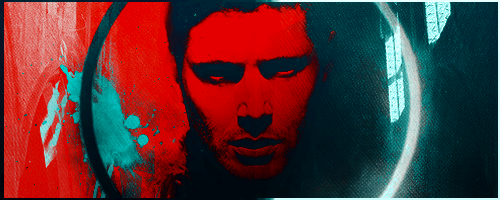So this logic applies to a citizen who is trying to offer a more accurate portrayal of events, events that she was the catalyst for, but not to the reporter who has written the initial piece and has the trust of the people to present the information accurately? Is that what you're saying?Vetras wrote: ↑Fri Dec 01, 2017 7:09 pm
But, what makes her posts ineffective is that if one portion of what she said was incorrect - like the spouting of random numbers that are not as precise as she wants the reporter doing this editorial to be - then what's to say the rest of it isn't just fluff with a sliver of fact, if there is any fact at all, further into her statements?
The problem here, I think, isn't the fact that Seyda is making "minor corrections", the problem here is that any corrections need to be made at all.
I think this is an interesting case as Liander is, I'm guessing, just trying to get his article published while it is still relevant, so mistakes will happen, but it shouldn't be happening at the rate Seyda is pointing them out.
In the end, if we applied your logic to Liander's article, we'd stop reading at the fact sheet after the first paragraph.
It's inaccurate to list me as someone involved in this conflict.
My being zeroed, and the words that lead to my zeroing had nothing to do with this conflict and I am not in any of the lineages involved.
And if you want to make the argument that I am involved, why has he only listed one of the people that attacked me, when there were 4? Surely if I'm involved, so are all the people that zeroed me?
If that's incorrect, what's to say the rest isn't just fluff with a sliver of fact, if any at all?
I'm sure there are other, more pertinent examples of inaccurate "fluff" in this article, but that's the one I can speak to with some knowledge.









